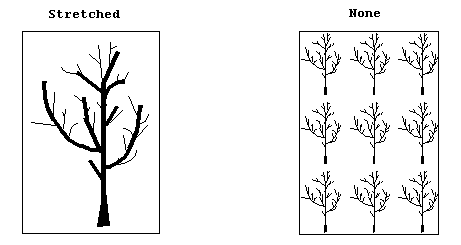| Visual Basic (Declaration) | |
|---|---|
Public Sub Underlay( _ ByVal underlayImage As RasterImage, _ ByVal flags As RasterImageUnderlayFlags _ ) | |
| Visual Basic (Usage) |  Copy Code Copy Code |
|---|---|
| |
| C# | |
|---|---|
public void Underlay( RasterImage underlayImage, RasterImageUnderlayFlags flags ) | |
| C++/CLI | |
|---|---|
public: void Underlay( RasterImage^ underlayImage, RasterImageUnderlayFlags flags ) | |
Parameters
- underlayImage
- The image that will be used as the underlying image. This is the image that appears to be on bottom and is grayscaled as it is combined with the target image.
- flags
- Indicators of how the underlying image is to be positioned.
This example draws an ellipse on the image.
| Visual Basic |  Copy Code Copy Code |
|---|---|
Public Sub UnderlayExample() | |
| C# |  Copy Code Copy Code |
|---|---|
public void UnderlayExample() | |
This is most effective when the underlying image is a filtered one, such as an embossed image.
This method changes the colors of the underlay to grayscale as it combines the images. It updates this RasterImage, leaving the underlayImage unchanged. underlayImage can either be stretched or tiled to fill the image, as shown in the following illustration:

For more information, refer to Introduction to Image Processing With LEADTOOLS.
For more information, refer to Applying Artistic Effects.
Target Platforms: Microsoft .NET Framework 3.0, Windows XP, Windows Server 2003 family, Windows Server 2008 family




